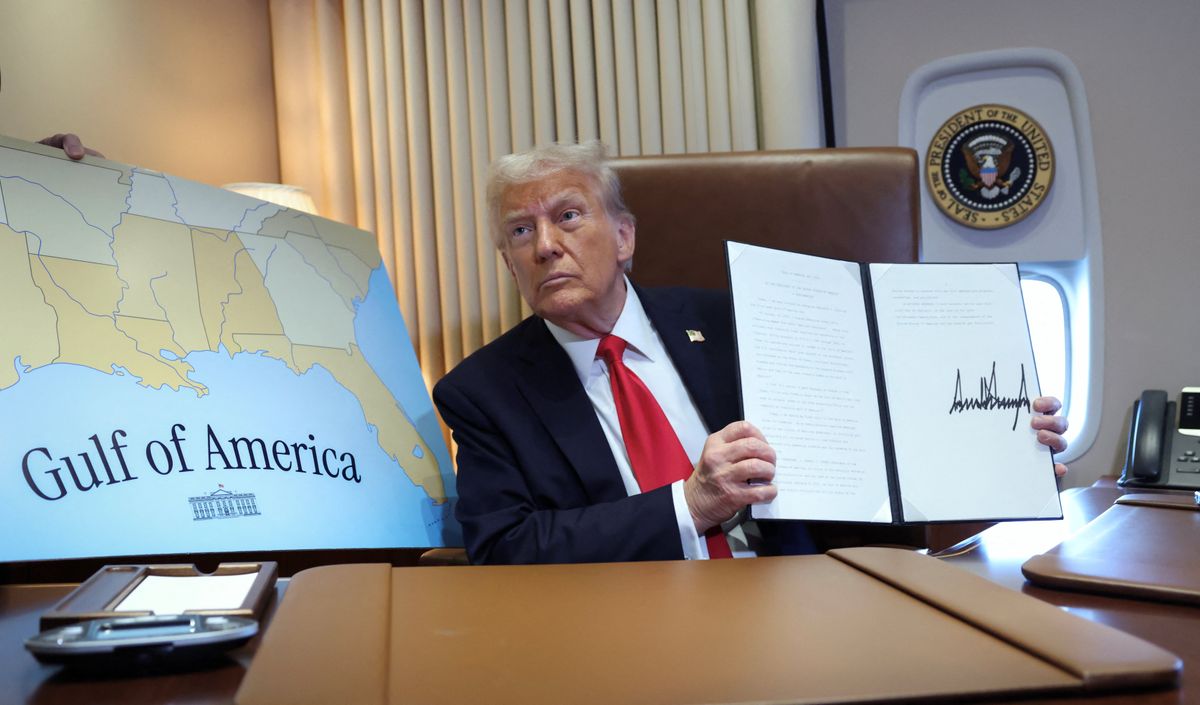
In a court hearing on Monday, a Washington, D.C. federal district judge refused to immediately end the White House's expulsion of The Associated Press from the Oval Office and Air Force One. However, the Trump-appointed judge said he intends to expedite AP's case.
President Donald Trump's administration barred AP journalists from accessing certain White House spaces and events. At issue was the AP's refusal to refer to the Gulf of Mexico as the Gulf of America.
Ten days after the incident, on Friday, the AP sued, naming Susie Wiles, the White House's deputy chief of staff, Taylor Budowich, and press secretary Karoline Leavitt as defendants.
ALSO READ: 'Gotta be kidding': Jim Jordan scrambles as he's confronted over Musk 'double standard'
Politico legal reporter Kyle Cheney reported: "Judge [Trevor] McFadden has denied the AP’s emergency motion to restore its access to White House press pool events but has ordered expedited consideration of the matter given the weighty issues at the heart of it."
Washington Post media critic Erik Wemple followed the proceedings on Monday, and indicated, "McFadden appeared to agree with attorney Charles Tobin, arguing for AP, that the White House actions amounted to 'viewpoint discrimination.'"
He also pointed out that when questioning the Trump lawyer, the judge "said that one of the White House emails in the case 'seems to me to be pretty viewpoint-based.'"
McFadden said that a temporary restraining order was an “extraordinary remedy," Wemple posted on X. The judge said he "wasn’t inclined to act 'precipitously' here'" and that the AP had to show “irreparable harm” to qualify for the TRO and they didn't do so in this case.
Both sides will submit their arguments over the next few weeks and they will meet in court again.




